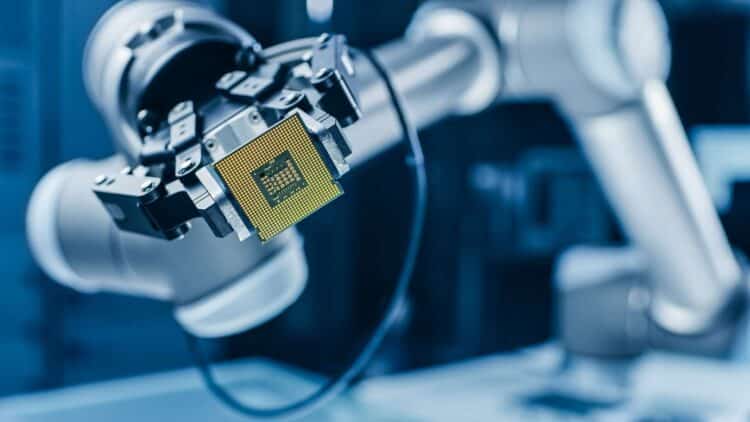Scaling up e‑waste recycling through disruptive deep tech
Now DEScycle can move forward, tapping into a fast-growing e‑waste market that’s projected to reach $144 billion in value by 2028.

Now DEScycle can move forward, tapping into a fast-growing e‑waste market that’s projected to reach $144 billion in value by 2028.

High demand coupled with dwindling global supplies, means that the costs involved with sourcing these metals are increasing. The extraction of virgin metals also takes a significant environmental toll and impacts the health and safety of those who are tasked with mining them.
That’s why attention is turning to e‑waste recycling as a way to close the loop on metal extraction and create a circular economy that transforms old electronics into raw material for new technologies. Currently, however, of the 50 million tonnes of e‑waste that are produced every year just 20% is formally recycled. What’s more, traditional recycling techniques, such as smelting, are also energy-intensive, toxic, and highly pollutive.
But thanks to the support of CPI, DEScycle is set to transform the metals industry with clean technology that provides a low-impact solution to e‑waste. Advancing a new class of chemistry developed in the early 2000s at the University of Leicester, DEScycle turned to CPI to help take their ground-breaking technology from proof of principal to an economically viable process. Now DEScycle can move forward, tapping into a fast-growing e‑waste market that’s projected to reach $144 billion in value by 2028.
The future for DEScycle is really exciting. DES truly has the potential to change the world, delivering a step-change in how we produce and recycle metals. By replacing energy and emission intensive processes with DEScycle’s novel technology we can supply the energy transition with low-impact low-carbon metal. Thanks to CPI’s investment and in-house experience, we will be able to rapidly commercialise this technology and bring real disruption to the metals market.
"*" indicates required fields